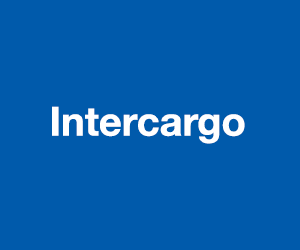Dry bulk shipping is riding the waves of industry developments, facing at the same time its own particular challenges. Time-wise these span from the imminent to longer-term ones.
In the immediate to short-term, we see the BWM (Ballast Water Management) Convention coming into force in September, and the emissions EU MRV (Monitoring, Reporting, and Verification) obligations starting August. The bunkers 0.5% Sulphur Cap has also become a short-term issue with its practically ‘tomorrow’ implementation in 2020.
IMO will soon be discussing in more detail the Greenhouse Gas Emissions roadmap, with MBMs (Market Based Measures) possible as medium-term solutions for energy & environmental sustainability. At the same time, EEDI (Efficiency Design Index) will be moving to a next phase, while the industry will embrace new construction standards, and the science of “liquefaction” will advance, improving cargo transportation safety. New technologies & digitalisation will be adopted, with the emerging themes of remote connectivity, big data, and robotics, as the Smart ship concept develops along with the associated cyber risks.
In the longer-term, we will see new fuels, propulsion & powering, and materials innovations getting implemented, and further down the timeline even Artificial Intelligence and autonomous ships.
The above will be shaping the supply side, against a new demand landscape, after China’s current economic transformation is followed by new growth drivers, such as the One Belt One Road initiatives connecting East-to-West.
INTERCARGO touches upon all of the above developments, – as safety, operational and environmental challenges are faced with an evolving regulatory framework – the latest one being autonomous ships (see our IMO MSC 98 outcome brief), so do stay tuned and actively participate to the Secretariat’s activities – and non-Members consider joining us!
(see also latest/indicative links about BWM, 0.5% Sulphur Cap, Greenhouse Gas Emissions, MRV, Construction standards, EEDI, Cyber risks, Propulsion & powering, One Belt One Road).
—
Dr Kostas G. GKONIS, INTERCARGO Secretary General



